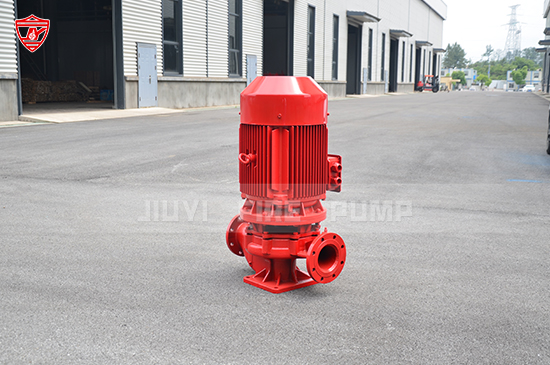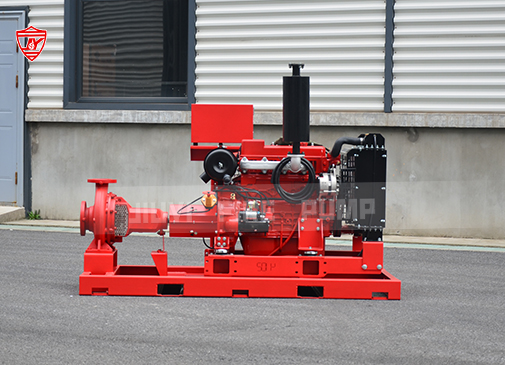Selecting the right fire pump is critical for ensuring a reliable and efficient fire protection system. The choice between an electric fire pump and a diesel fire pump depends on factors such as power availability, system requirements, and regulatory compliance. Understanding the advantages and limitations of each type will help you make an informed decision.
Both electric and diesel fire pumps are designed to provide adequate water pressure during a fire emergency. Their key difference lies in their power source:


| Factor | Electric Fire Pump | Diesel Fire Pump |
|---|---|---|
| Power Source | Requires stable electrical power | Operates independently on diesel fuel |
| Reliability | Dependent on the power grid or backup generator | Functions even during power outages |
| Maintenance | Low maintenance; requires periodic testing | Higher maintenance; needs fuel monitoring |
| Installation Cost | Lower upfront cost | Higher initial investment |
| Running Cost | Lower energy costs | Higher fuel costs |
| Space Requirement | Compact, requires minimal space | Needs fuel storage and ventilation |
| Regulations | Must comply with NFPA 20 and local codes | Requires exhaust ventilation and fuel safety compliance |
Both electric and diesel fire pumps must meet NFPA 20 standards, which regulate installation, performance, and testing requirements. Choosing a UL-listed or FM-approved pump ensures compliance and reliability.
The choice between an electric and a diesel fire pump depends on power availability, maintenance preferences, cost considerations, and regulatory requirements.